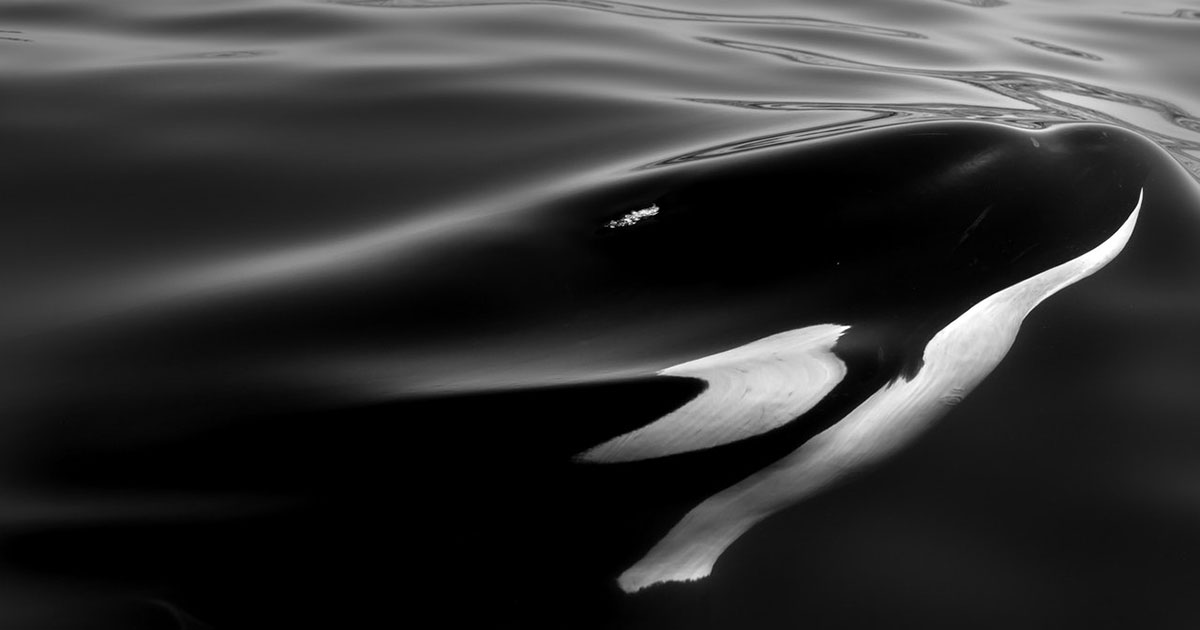As a good 60% of my masters is research based, there will come a time, all too soon, when I must decide definitively what avenue of research I want to explore.
We don’t have much time to touch upon research or develop our skills in the area on the vet course due to the huge level of content we need to consume throughout the five years, but those skills are both highly transferable and infinitely invaluable in the field of exotics and conservation.
Choices, choices…
I’ve been looking forward to the research aspect of this course for the best part of the last six months but it’s shocking just how difficult it is to pick a single topic to dedicate yourself to.
Topics include:
- one health
- immunology
- genetics
- behaviour
- marine biology
- climate change
- wildlife
- domestic animal studies
…the list is quite something.
Making your mark
What it all boils down to though, is what really sparks an interest in you? What questions do you want the answers to? What species hold a special place in your heart, and what field do you want to expand your knowledge in?
For me, the question I’ve begun to ask myself is: what is the change I want to help bring about?
As a veterinary professional you can’t always let yourself be swayed by issues of the heart, yet there are many aspects of animal welfare, captivity and treatment that make this far easier said than done.
The trouble is that we live in a world of law and legislation and attempting to enact change driven purely by an emotional standpoint will get you nowhere. You cannot simply request for laws to be changed or regulations to be put in place because it’s “the right thing to do”. You must scientifically enforce your argument, and that means peer reviewed, tried and tested research.
Agent for change
It wasn’t until 2012 that battery farmed eggs were outlawed in the UK, and only in 2016 did SeaWorld – a multi-million dollar entertainment enterprise – pledge to end their removal of Orcas from the wild and their captive breeding programme.
Some might argue that these changes are on completely different levels and have different value, but neither would have been brought about without the tireless work of countless dedicated professionals who took the time to bring facts together into a case that changed laws that had been around for decades.
It’s a long old process, the documentary Blackfish (which inarguably had a hand in the decline in SeaWorld’s popularity) took months to produce, and it took an additional three years after it’s release for it’s impacts to come to fruition. With this in mind, I wonder just how much change I’m really capable of with my three-month research project – which, due to COVID-19, is almost certainly set to be entirely desk-based.
Little by little
I believe even the small changes are important; even those made by collecting data and typing up hypotheses and conclusions from home – even if you don’t actually get to spend any time working with the animal whose quality of life you’re trying to improve.
I have a particular interest in stereotypies – which, for those not in the know, are repetitive movements, sounds or behaviours displayed by captive animals due to frustration or a lack of mental or social stimulation. They are the direct consequence of human intervention in their natural behaviours, and ever since learning about them in the first year of the vet course the topic has stayed with me.
If I’m lucky enough to explore this field at the start of next year I’ll be grateful for any minor contribution I can make to the far too-small pool of research that is thankfully starting to grow.

Leave a Reply